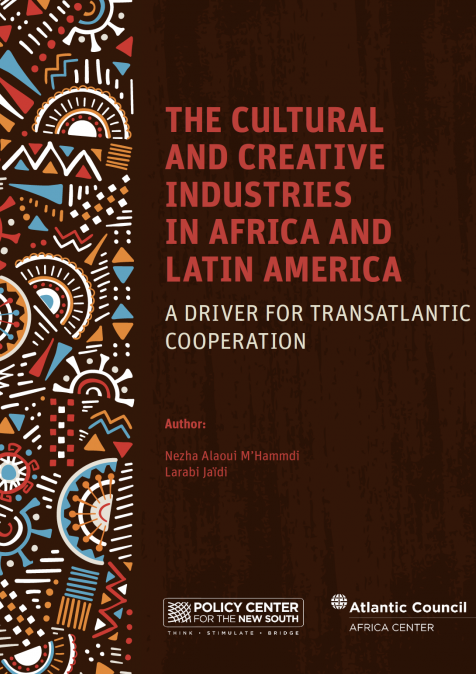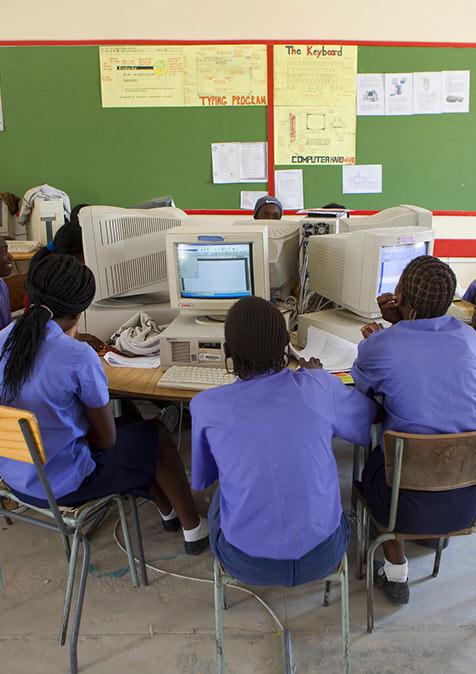Foresight and innovation are the dynamic forces that propel societies and organizations towards progress and resilience. Foresight involves anticipating future trends and challenges, enabling us to make informed decisions and stay ahead of the curve. Meanwhile, innovation fuels the creation of groundbreaking solutions to address these anticipated needs, driving continuous improvement and sustainable growth. Together, foresight and innovation form a powerful symbiotic relationship, guiding us towards a brighter and more adaptable future, where we can embrace opportunities, tackle complexities, and thrive in an ever-changing world.
Speakers








